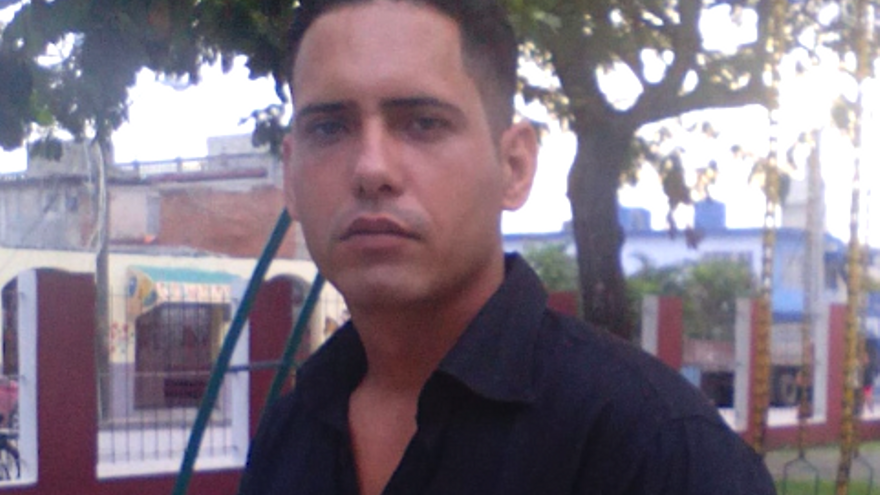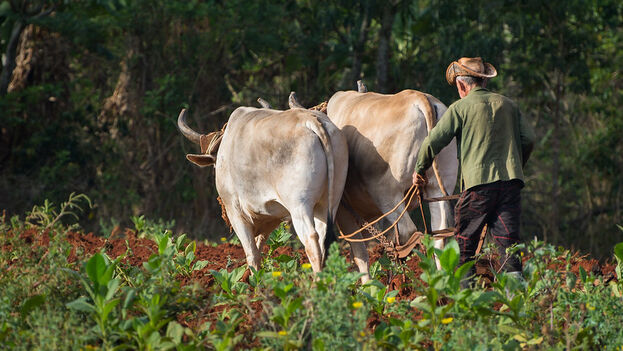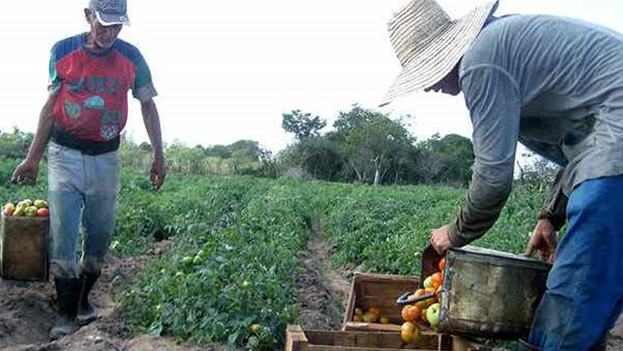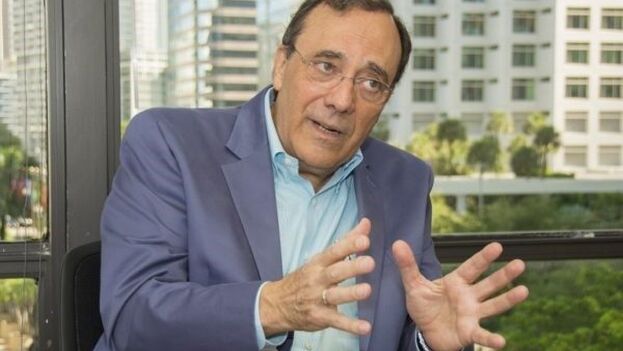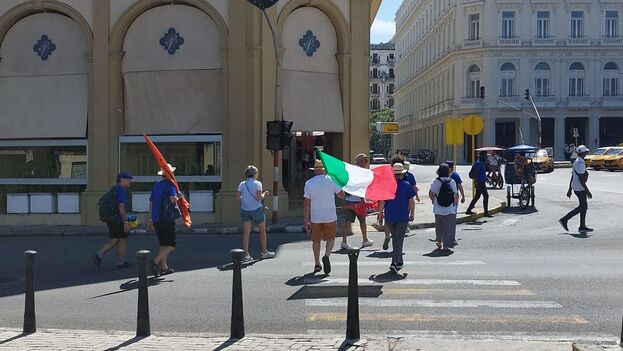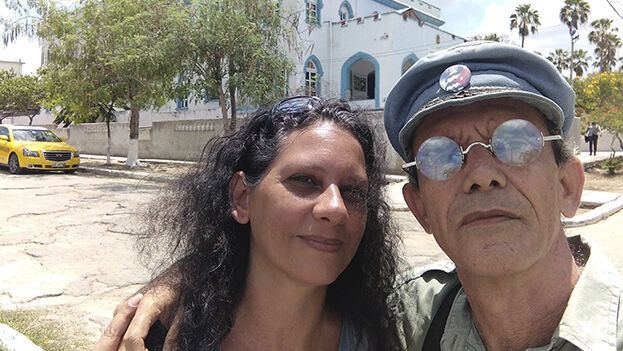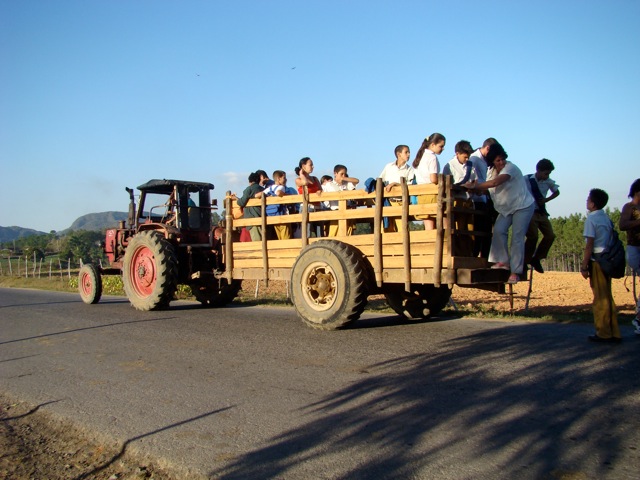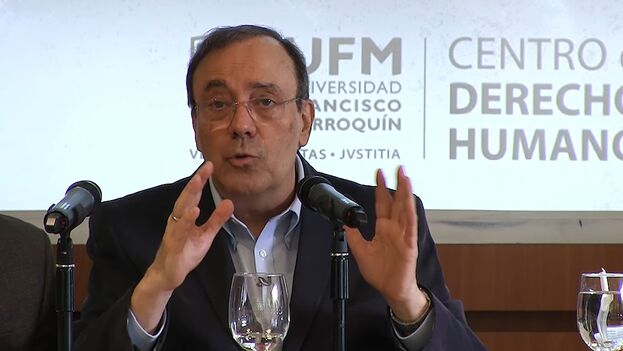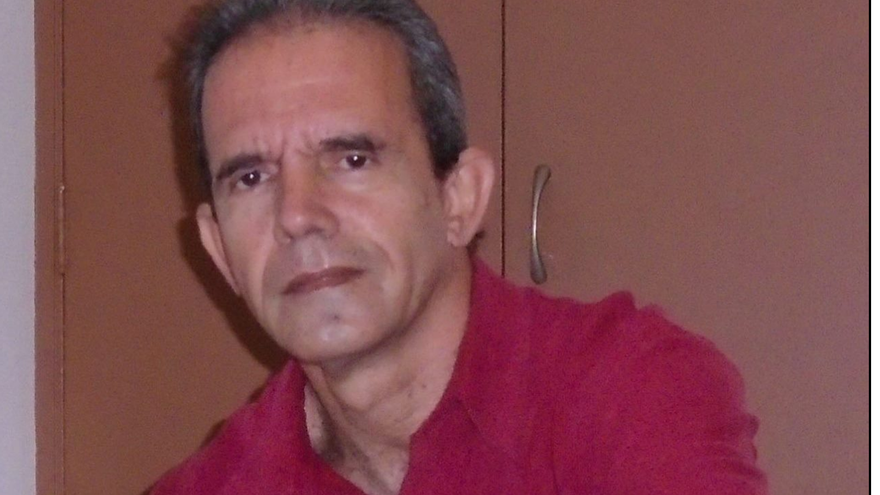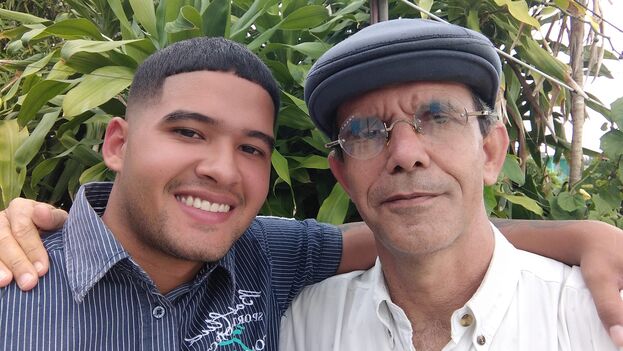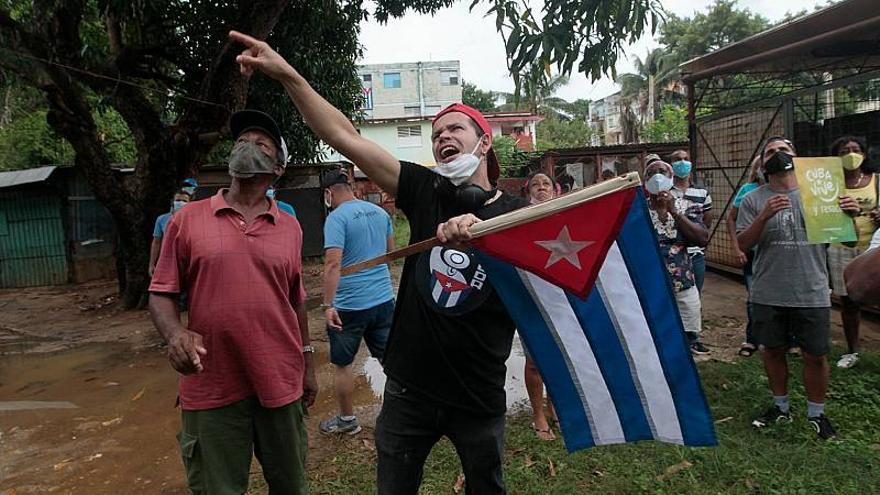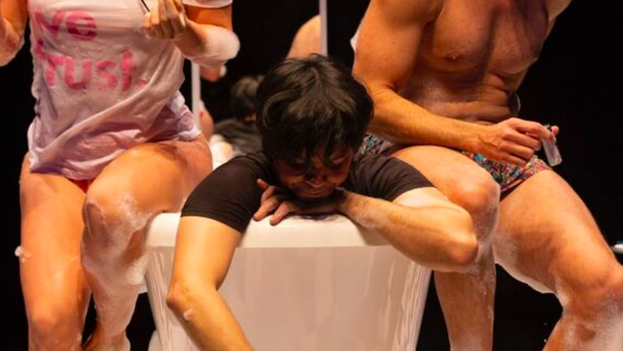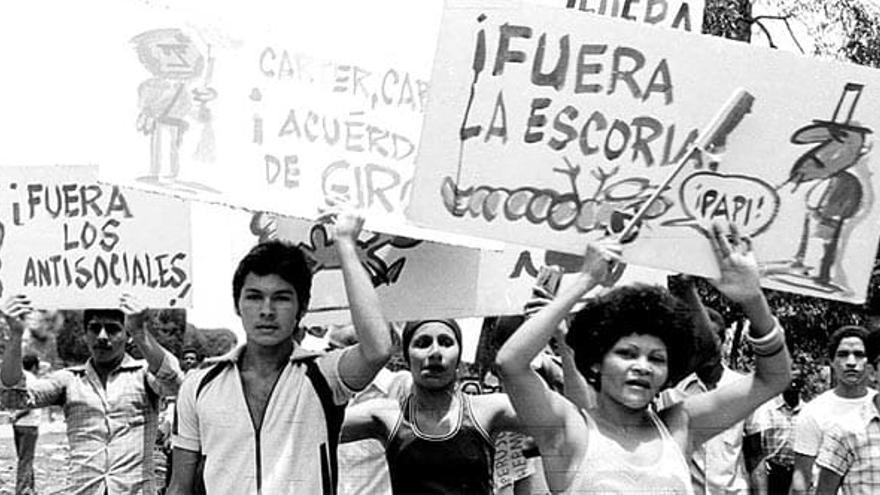
![]() 14ymedio, Yunior García Aguilera, Madrid, 30 May 2023 — The Cuban regime behaves like a violent husband who, after destroying his partner’s face, swears he did it out of love. They, the ones with slogans about death and clubs studded with nails, are now the “Care Bears”. Díaz-Canel, after giving his abhorrent combat order, dons a pink dinosaur costume and pretends to be Barney and Friends.
14ymedio, Yunior García Aguilera, Madrid, 30 May 2023 — The Cuban regime behaves like a violent husband who, after destroying his partner’s face, swears he did it out of love. They, the ones with slogans about death and clubs studded with nails, are now the “Care Bears”. Díaz-Canel, after giving his abhorrent combat order, dons a pink dinosaur costume and pretends to be Barney and Friends.
They say they’re on the side of “those who love and found.” First they used José Martí as the intellectual author of an armed attack on the Moncada barracks. Then they attempted to tattoo a hammer and sickle on the apostle’s* forehead, concealing his criticism of Marxism. Later they juggled to reinterpret the phrase, “with everyone for the good of everyone,” insinuating that “everyone” only included them. And now they waste rivers of ink trying to turn a dramatic poem, Abdala, pointing out that it was an adolescent Martí who spoke of “invincible hate”, an immature Martí.
Against us, the beaten, they always used hateful phrases. We were lumpen, scum, worms, bastards… and now we are haters. They think that, after all the beatings they gave, we will be submissive and get in bed with them.
Che, his model to be followed, was a bit less hypocritical. The hesitant guerilla spoke of hate as a factor in the fight, the intransigent hate of the enemy, the hate that should turn them into efficient killing machines. Che said that “a people without hate cannot triumph over a brutal enemy.” Guevara, at least, consciously assumed the role of hater, without pouting or masking his dislike with fake emojis.
I am not a Guevara fan. The asthmatic guerilla’s incendiary philosophy is not my paradigm. But I take responsibility for my rage. I cannot be indifferent when faced with all the crimes of a deceitful regime that has dispensed so much physical and psychological abuse, in the name of an abstract love. continue reading
That love, considered by Albert Camus as worse than hate, resulted in the Holy Inquisition, the Nazi genocide and the horrors of Stalinism. Hitler himself said he fought for love. And Castroism wants us to view executions, concentration camps for homosexuals, parameterization,** censorship, rapid response brigades, the sinking of ships with children aboard, political prison and forced exile as “crimes of passion”.
The regime has exploited the issue of Buena Fe’s Spanish Tour to shed its clothes. Even Alpidio Alonso has been so cynical as to talk about “harassment” and “physical assault in public”. The Minister of Censorship forgets the January 27th when he not only went out to snatch phones away from people on the street, but also to throw punches at young artists, beat them onto a bus, and drag them to a jail cell.
The members of Buena Fe have not been thrown onto a garbage truck, they have not seen decapitated doves at their doors, they are not imprisoned nor prevented from leaving the country, patrol cars don’t harass them. On the contrary. In a free country, Spain, they can call the authorities if they feel threatened, they can count on their protection during concerts. In Cuba, however, it is the very police deliver the scratches. It is they who dress as the people to spit and throw stones at everyone who doesn’t believe their official discourse.
This flipping of the dictatorship’s narrative about love and hate is not casual. Their laboratories know that there is a global controversy around hate on social media, that the algorithms are programmed to promote or contain content, depending on this dilemma. That is why they abuse those little words that sound altruistic and they place them in their hashtags. The order to speak of love is not the result of a genuine sentiment, it is the Party’s official directive to its technicians on the use of social media.
But millions of Cubans refuse to continue suffering from Stockholm syndrome. Millions of Cubans have shut the door, as Nora in A Doll’s House. Twenty-first century Cuba does not want to continue to be hostage to a toxic love. This country wants to report them, take them before the tribunals, so that they will pay for their abuse. And it is not hate, it is justice. This country can no longer stand the slimy phrases of a regime that only loves power, that only wants us so we can iron their shirts. And it is not hate, it is dignity.
This country… wants a divorce.
Translated by: Silvia Suárez
Translator’s notes:
*José Martí is known as “the apostle” by Cubans of all persuasions.
**Parameterization is a process of establishing parameters and declaring anyone who falls outside them (the parametrados) to be what is commonly translated as “misfits” or “marginalized.” This is a process much harsher than implied by these terms in English. The process is akin to the McCarthy witch hunts and black lists and is used, for example, to purge the ranks of teachers, or even to imprison people.
____________
COLLABORATE WITH OUR WORK: The 14ymedio team is committed to practicing serious journalism that reflects Cuba’s reality in all its depth. Thank you for joining us on this long journey. We invite you to continue supporting us by becoming a member of 14ymedio now. Together we can continue transforming journalism in Cuba.

